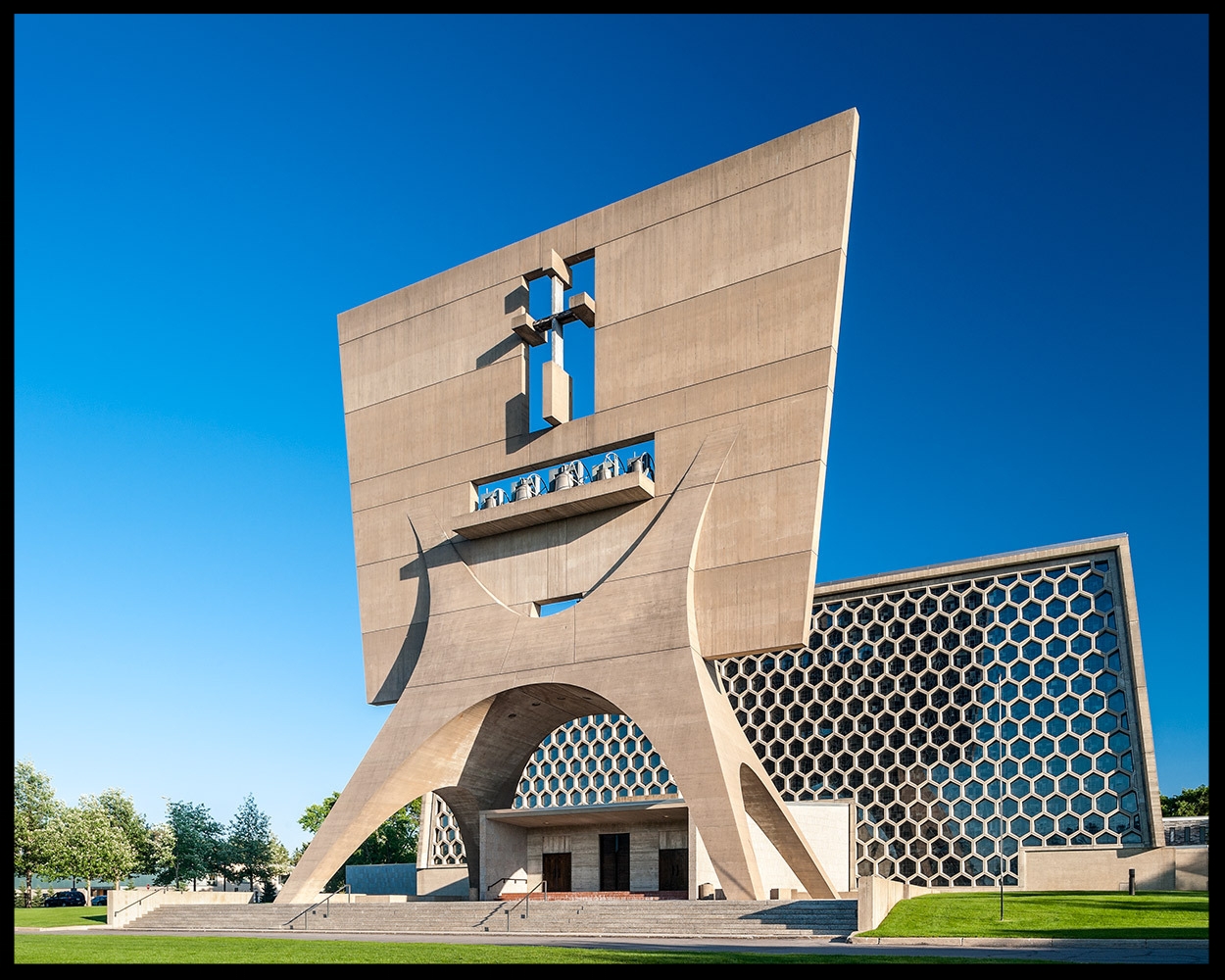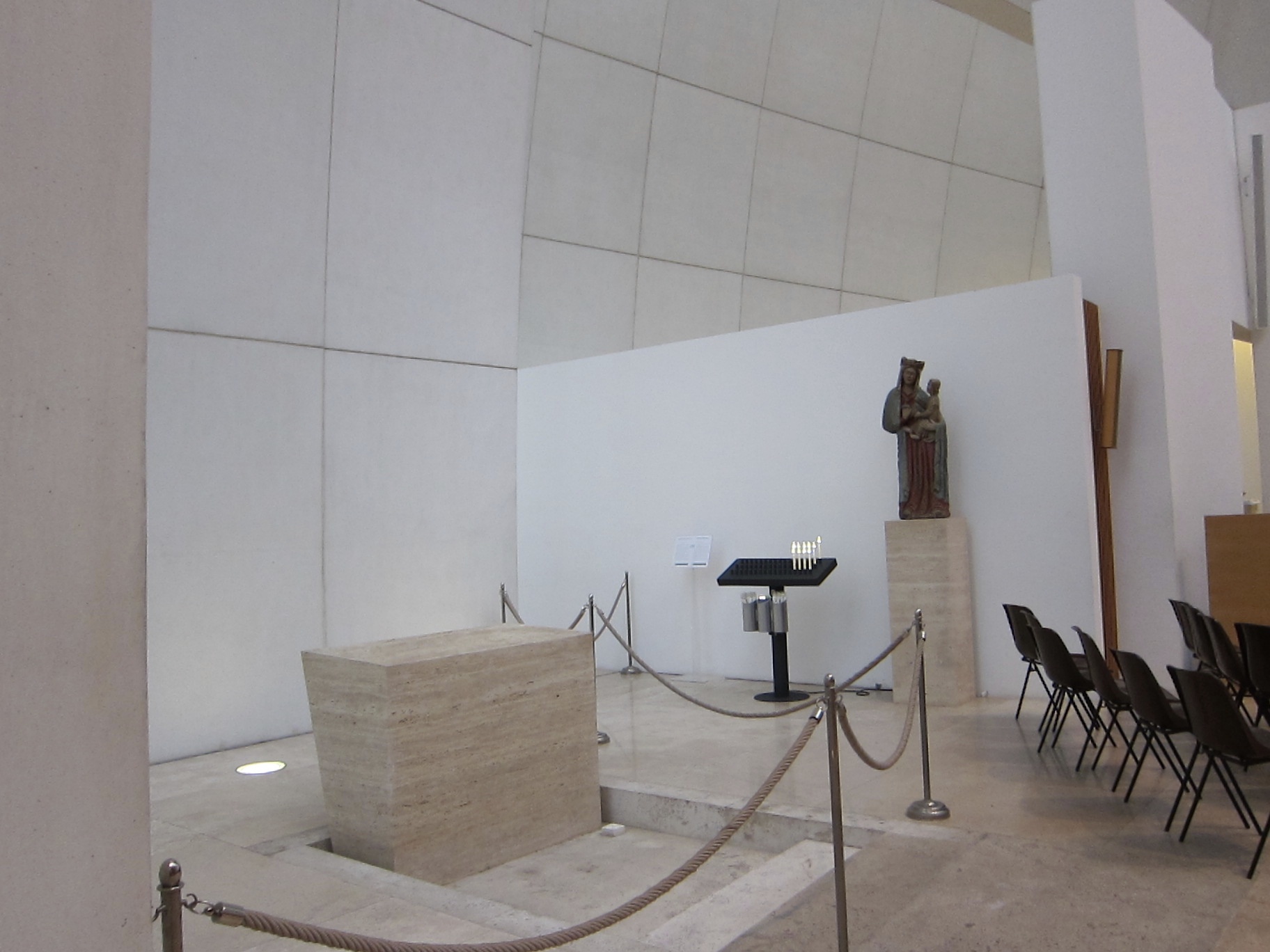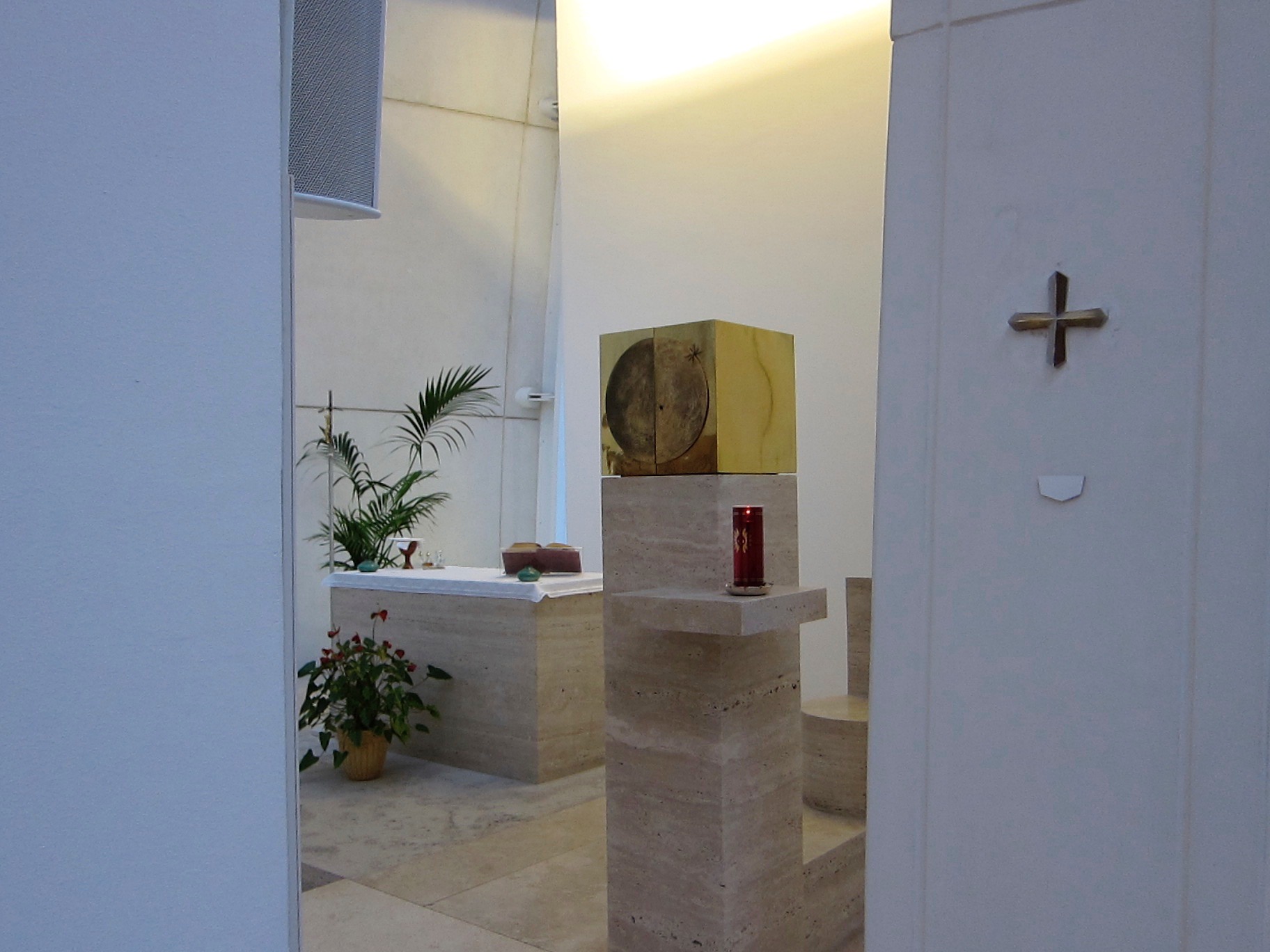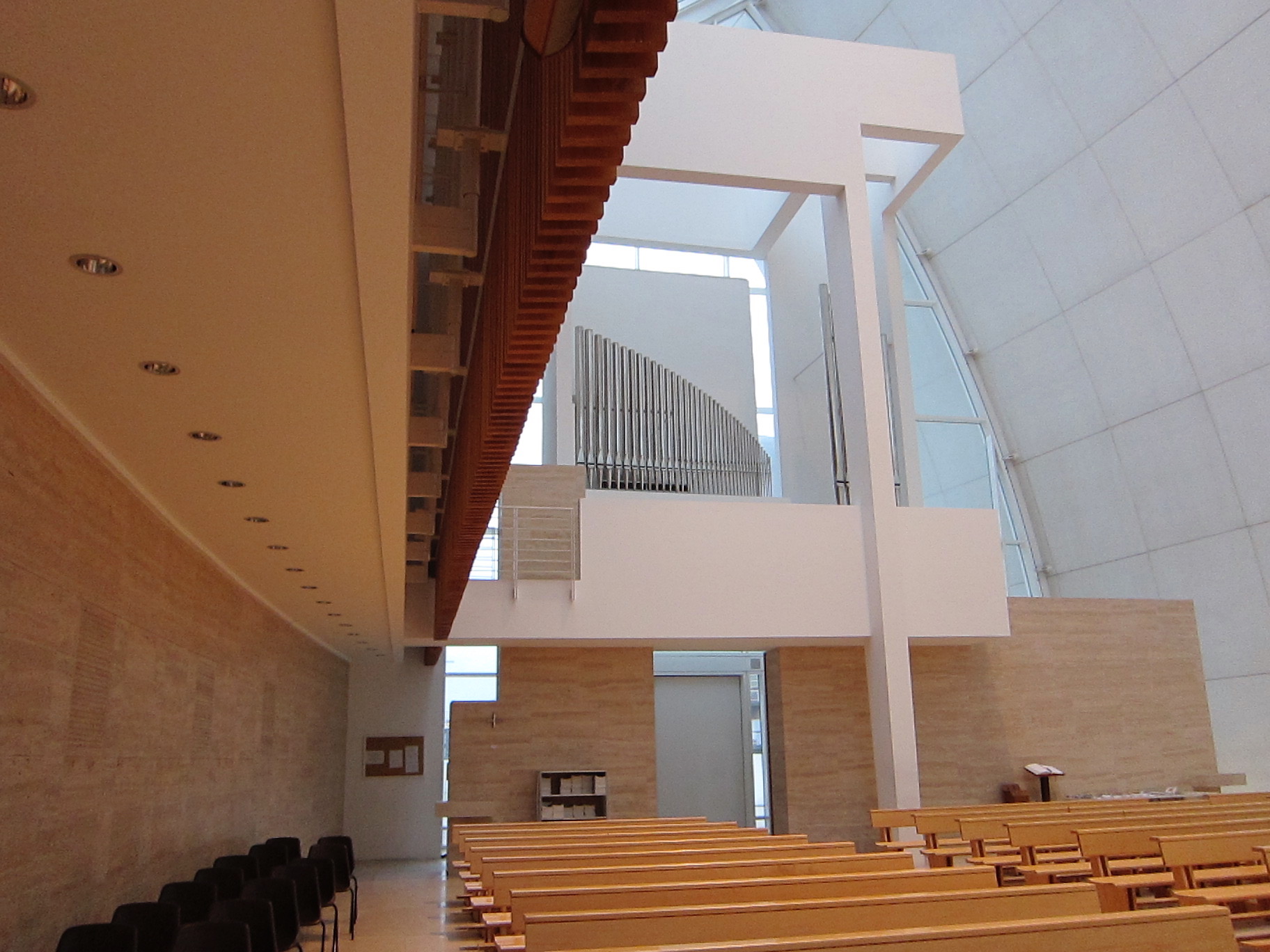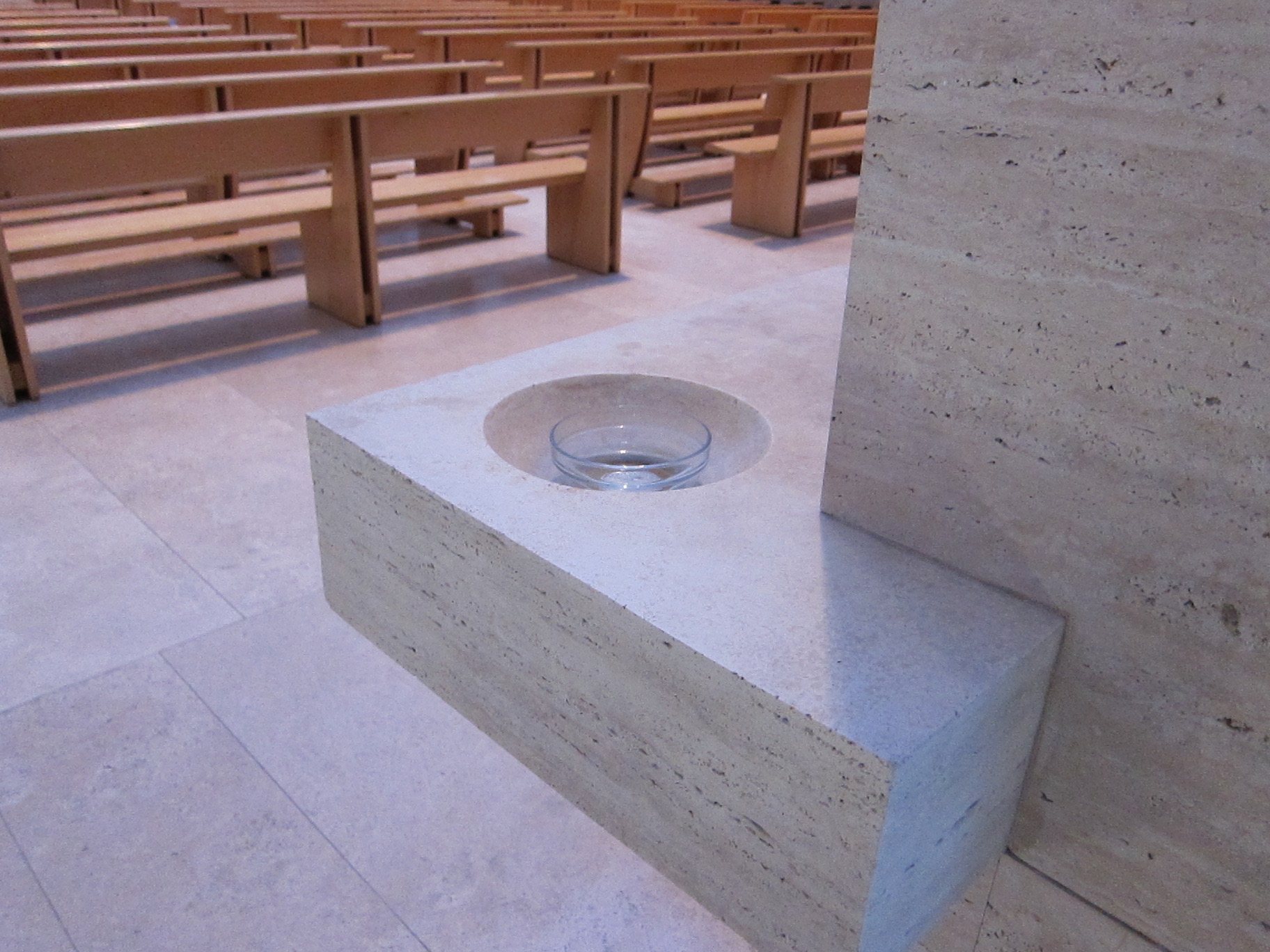Few Presidents in modern times have elicited the strong emotional reactions as President Donald Trump. Either you are delighted in the unconventional and ‘tell it like it is’ manner that he exhibits with virtually every tweet or you have a strong visceral reaction of revulsion at his abrasive and ‘un-presidential’ demeanor. There is no question that in the annals of American Presidents, President Trump will go down in history, for good or ill, as one who has broken the mold when it comes to the character and temperament for an American President.
Political analysts of the 2016 election have stated that it was the Evangelical Christian vote that catapulted Trump to win his relatively thin Electoral College majority. The President’s late in life ‘conversion’ to the pro-life agenda as well as his vociferous commitment to naming a Supreme Court Justice ‘in the ideological image’ of Justice Antonin Scalia, a promise he kept, were extremely helpful in garnering the vote of this constituency for whom these values played a central motivating force.
In the shadow of the 500th Anniversary of Martin Luther’s Reformation, Evangelical Christianity is that branch of the Christian Church for whom the word of God as found in the Scriptures presents the inerrant and foundational core of what it means to be a Christian. Often viewing the word of God from a fundamentalist perspective, these sacred words are to be interpreted literally. If the Book of Genesis states that creation took place in seven days, then who are we to say otherwise? Evangelical Christianity often views the moral dilemmas of contemporary life from a simple or simplistic ‘black and white’ perspective. Invariably, the defining criterion for virtuous living can be summarized in the simple phrase, “What would Jesus do?”
As we reflect on God’s word this Sunday, our Gospel taken from St. Matthew, presents a dramatic and stirring image of ‘what Jesus did’ when he encountered the duplicity and hypocrisy of the religious leadership of his time, the scribes and the Pharisees. In contemporary parlance, the term ‘Pharisee’ is synonymous with hypocrisy. Not so, at the time of Jesus. Pharisees were the scrupulous keepers of the Law of Moses. It was their responsibility to keep alive the flame of the Mosaic law that mediated God’s presence and ratified his covenant with them. However, as is sometimes the case with ‘professional’ religious leadership, the law that they were to mediate to the people was far from their own hearts. It was precisely this duplicity, this failure to let God’s word and law permeate and transform their own lives that prompted Jesus to righteous judgment against them.
For Jesus, religious integrity has nothing to do with titles and everything to do with conversion of the heart. And, for Jesus, the first step in that conversion begins with the virtue of humility. The word ‘humility’ comes from the Latin word for ‘earth’ or ‘soil.’ Humility, then, is a clear-eyed understanding that all that we have and all that we are comes by way of gift from the One who is the giver of all good gifts. Humility is the virtue that acknowledges that, in the end, we are not the masters of the universe but rather, we are called to be stewards of all that comes to us by way of gift from the loving hand of our God.
Hence, from Jesus’ perspective, the greatest leaders, whether religious or political, are ones that understand that their ultimate credibility will be determined in proportion to their ability to humbly serve the needs of others. The greatest leaders in our world have invariably learned from their brokenness and have humbly acknowledged that greatness will inevitably be found in humble service of their sisters and brothers.
The greatest among you must be your servant.
Whoever exalts himself will be humbled;
but whoever humbles himself will be exalted.










